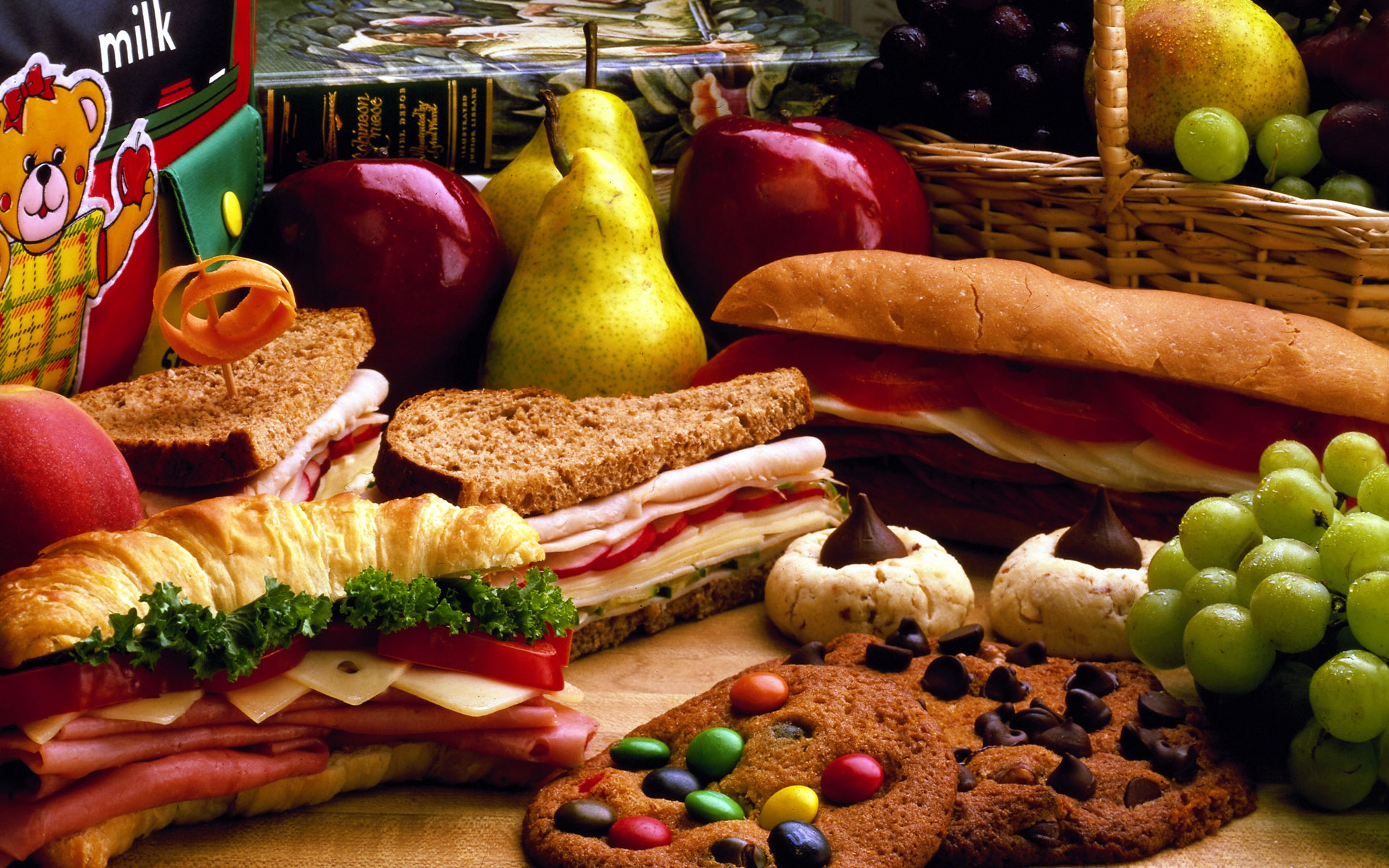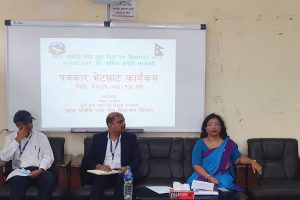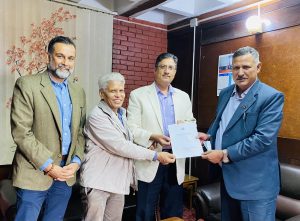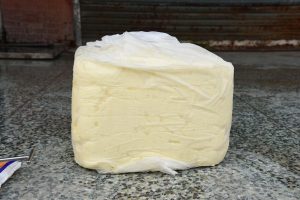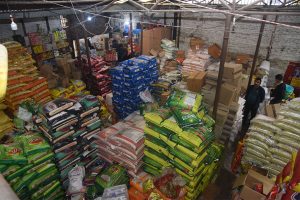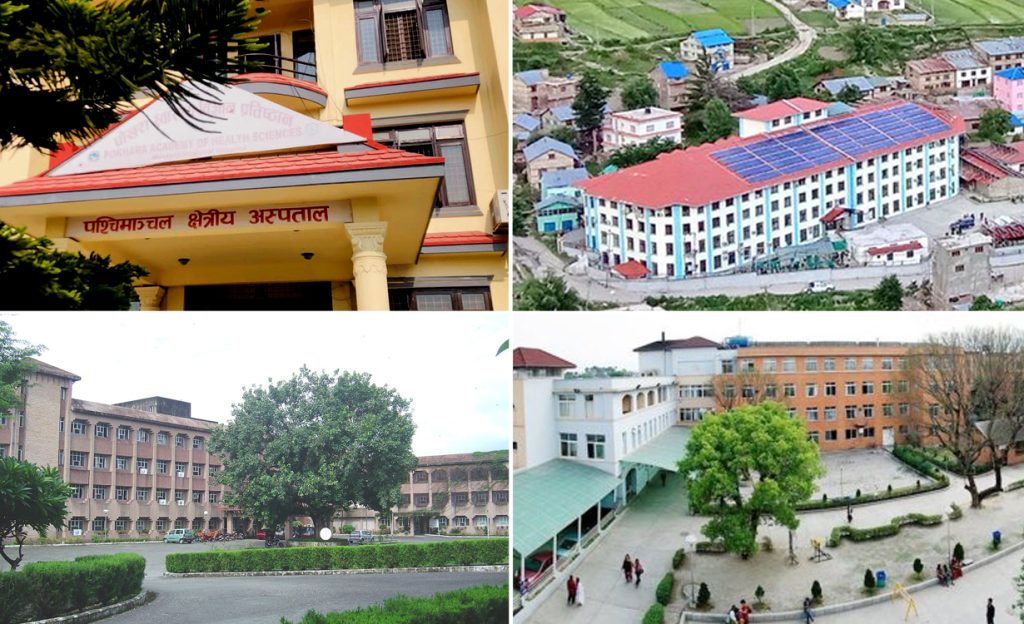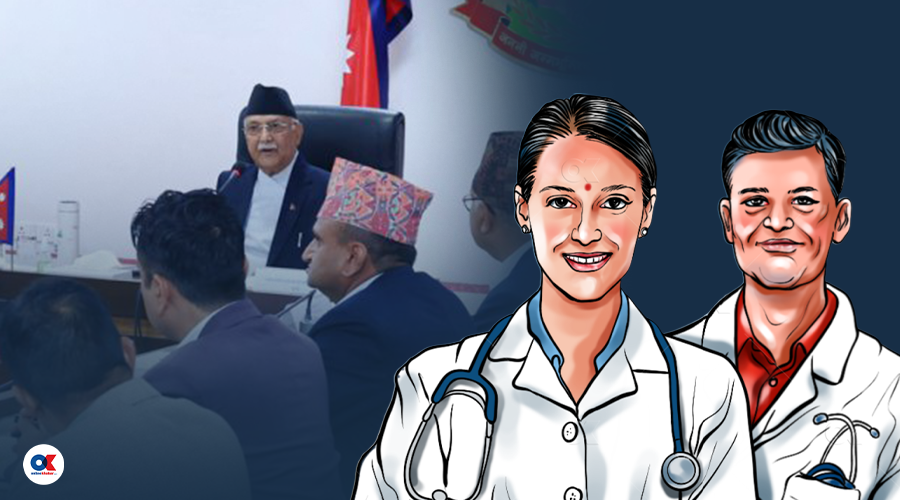Two-thirds of the deaths are caused due to non-communicable diseases in Nepal. One in six such deaths is attributed to ischemic heart diseases. Herat diseases and other non-communicable diseases are attacking the younger population as well.
Whereas there are sporadic concerns about such health issues, the general public apparently seems ignorant. Take the issue of trans fat, for example. This harmful substance has already been a part of the daily life of Nepalis, but most of the public are not aware of it.
Public health experts see this element as responsible for several health hazards in the lives of people. Further, they claim the approach taken by concerned authorities is very fragmented and inefficient to address this issue. And, it is high time for all the stakeholders to come together and work jointly to eliminate the consumption of trans fat in food in Nepal.
Possible health hazards
Senior cardiovascular surgeon Dr Prem Raj Baidhya says trans fat or trans fatty acid is made when food handlers turn liquid oils into solid fats, like shortening or margarine. It is the worst among all the fat elements including saturated (animal and vegetable fat) and unsaturated fat, according to him.
Broadly, trans fat can be divided into two types: natural (milk and meat products) and artificial (industrially produced fat, in which hydrogen is added to liquid vegetable oils to convert it into more solid), Baidhya explains.

Trans fat is overwhelmingly present in hydrogenated vegetable oils, fast food, chocolates, deep-fried food, processed and packaged food, and bakery items like cakes and cookies. Packaged and processed food items such as instant noodles are affordable and accessible to all strata of people in Nepali society, and this is a matter of concern, says medical sociologist Amod Pyakuryal.
“Given the abundant use of trans fat in popular junk food, attempts to regulate its production and use have received a setback from food industries,” states Pyakuryal.
It has been found that consumption of food high in trans fat results in increased LHD (bad cholesterol) and lowered HDL (good cholesterol), ultimately escalating the risk of having cardiovascular diseases and stroke. Besides, it is also linked with developing a high risk of type 2 diabetes, according to Baidhya.
He shares, “We have been hearing news of people below 40 years dying due to heart attack time and again nowadays. The consumption of food high in trans fat plays a vital role in it.”
Likewise, public health activist Dr Aruna Uprety shares, “It is a major public health concern. It is a slow poison given to our children and youth that will destroy the coming generation’s physical and mental health.”
Health problems like obesity, osteoarthritis, type 2 diabetes, obstructive sleep apnea, depression, asthma, and attention deficit hyperactivity disorder (ADHD) are seen increasing in children worldwide. For this, Uprety sees the use of junk food, which contains high amounts of trans fat, as the main reason.
Harmful practices
People in Nepal generally consume trans fat when they eat out. Restaurant and Bar Association Nepal (REBAN) president Arniko Rajbhandari shares most of around 3,000 hotels and restaurants operating in Nepal use oils with trans fats to deep-fry food. Many of the businesses overheat oils and use them multiple times.
Trans fats give foods a desirable taste and texture and last for a long time. On the other hand, it also comes cheap and easy to use. Hence, people are more liable to use it.
Hence, Rajbhandari says, “We are a service-based industry and we serve what the customers demand and is convenient and tasty for them. Fast food, mainly deep-fried food, are their demands, as of now.”

Chef Govinda KC also shares similar views, but he blames the weak monitoring and inspection by the government for the use of trans fat. “Except for VVIPs and VIPs, general oils like mustard and soya bean oil are majorly used for cooking and the same oil is used for deep-frying each time by filtering it through linen cloth for about 100-140 hours,” he informs, “The oil is then stored in tin jars and further sold to those owning small restaurants and food stalls.”
Policies and plans
The major source for trans fats in packaged and processed food is partially hydrogenated oil, which has been regarded as no longer safe in human food by the US Food and Drug Administration in 2013. First banned by Denmark in 2003, more than 40 countries have already banned artificial trans fat in food as of now.
In Nepal, although the Multi-sectoral NCD Action Plan (2014-2020) has proposed banning the use of trans fat in food chains, this has not yet materialised.
However, some efforts are underway. The Nepal Heart Foundation (NHF), a non-governmental organisation working in the areas of prevention and treatment of heart disease and rehabilitation, has been carrying out a campaign to advocate for the elimination of trans fat in food items in Nepal.

Likewise, Mohan Krishna Maharjan, the spokesperson of the Department of Food Technology and Quality Control (DFTQC), says his department is currently studying and reviewing the current status of industrially produced trans fat and working on the preparation of mandatory standards for the same.
He also states, “We are also looking forward to updating food labelling requirements in processed food, both imported and locally produced.”
He also claims the government is working on building technical capacity on analysis of fatty acid profiles in fats and oil and awareness programmes for promoting healthier fat and oils in replacement of trans fat.
“It is the joint responsibility of a lot of ministries and departments. It is a must to strengthen the coordination between these authorities,” he maintains.
Awareness is the key
Stakeholders share joint efforts by concerned government agencies are instrumental in eliminating trans fat in food products in Nepal. But, they also state awareness is key.
Rajbhandari stresses making the customers aware of the health hazards brought by the consumption of food containing trans fat. Adding to this, Nawaraj Updhadhya, a food technologist, also suggests the general public should work on their own food habits, making healthier food habits a choice.
But, Anuj Karki from the Forum for Protection of Consumer Right Nepal – FPCRN claims its consumption is not a choice like choosing to consume alcohol or tobacco, but a kind of compulsion. “Neither the public are informed about their basic consumer rights nor the harmful health impacts of trans fat. Also, the healthier fats and oils are beyond what a general Nepali can afford,” says Karki.
Adding to this, Upreti points out the need to generate awareness of the harmful effects of trans fat in food items that are popular among youth and adults alike.
The World Health Organization’s Review, Promote Legislate, Assess, Create, and Enforce (REPLACE) Strategy has targeted to eliminate industrially-produced trans fat (ITF) throughout the world by 2023. The WHO states that eliminating ITF and replacing it with healthier oils could save 500,000 lives annually.



